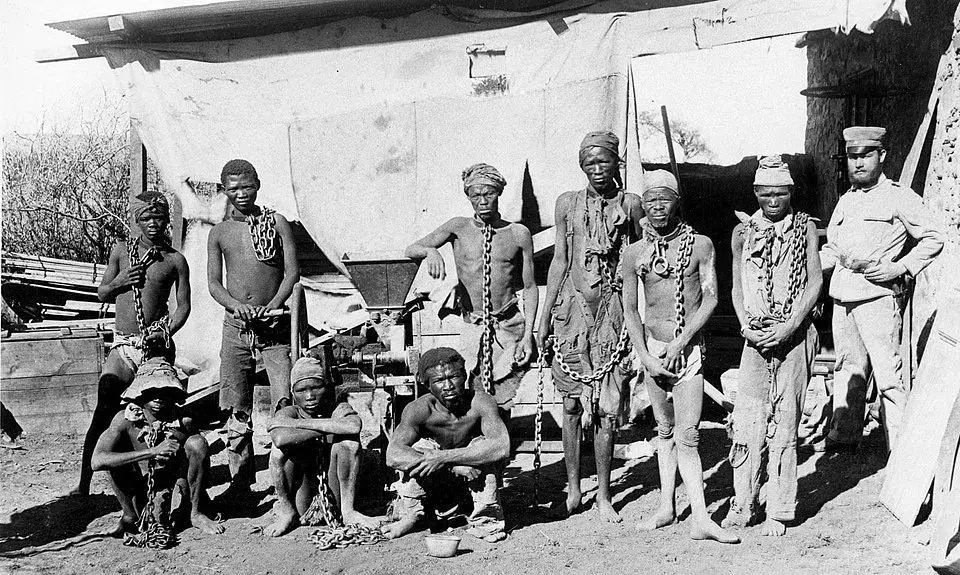The agency warns of heightened risks of disease outbreaks, malnutrition, and famine across the country.

The United Nations Office for the Coordination of Humanitarian Affairs (OCHA) on Sunday called for “immediate and sustained” access for UN agencies and other NGOs to North Darfur, in western Sudan, amid the large-scale displacement of civilians driven by escalating violence.
“The humanitarian community in Sudan is facing critical and increasingly severe operational challenges in North Darfur State, driven by the forced and large-scale displacement of civilians,” OCHA said in a statement, noting that displaced populations are increasingly cut off from basic services and humanitarian assistance.
The appeal comes amid a resurgence of violence between the Sudanese army and the paramilitary Rapid Support Forces (RSF) in Al Fasher—the last stronghold of regular forces in the vast Darfur region—which has been under siege by rebel forces since May 2024.
Al Fasher is also home to two of the country’s largest camps for internally displaced persons: Zamzam and Abu Shouk, where OCHA reports a “massive displacement” of civilians in recent days.
These movements “have pushed between 400,000 and 450,000 people toward Tawila, the areas surrounding Jebel Marra, and other locations,” OCHA reported, warning that the displacement is being driven by “ongoing hostilities and fear of a broader offensive on Al Fasher.”
“The situation is further compounded by rising levels of food insecurity, as displaced populations become increasingly isolated from supply chains and aid. This leaves them at heightened risk of disease outbreaks, malnutrition, and famine,” the UN agency added.
The crisis has “severely disrupted” existing humanitarian operations, and the various actors on the ground are “unable to respond adequately.”
“Despite our repeated appeals, humanitarian access to Al Fasher and surrounding areas remains dangerously restricted. Immediate and sustained access for the United Nations and NGOs is essential to ensure that life-saving assistance can be delivered safely and at scale,” OCHA said.
The agency also noted that the humanitarian system is currently “overstretched” and issued an “urgent” call to donors to provide flexible and prioritized funding—something it deemed “critical to support first responders, mobilize life-saving supplies, and sustain emergency response operations.”
“The scale and severity of reported violations—including direct attacks against internally displaced persons and humanitarian personnel—are unacceptable. Civilians must never be a target. Forced displacement must never be a precondition for accessing life-saving assistance,” OCHA concluded.
Keep Independent Journalism Alive
In a world flooded with noise, independent journalism is more vital than ever. We work hard to bring you clear, accurate, and unbiased international news — free from corporate or political influence.If you believe in the power of honest reporting, please consider making a donation. Every contribution, big or small, helps us stay independent and keep the world informed.
Support us via PayPalYour support makes a difference.


